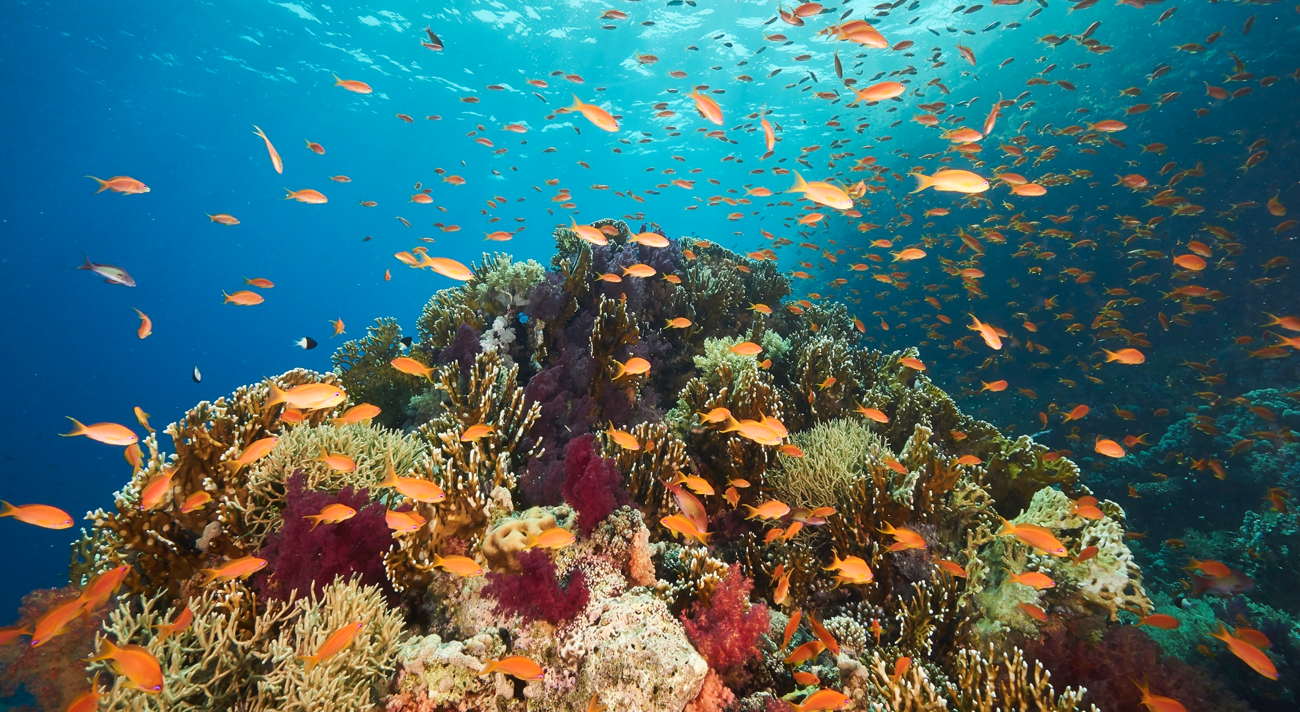Science diplomacy as an innovative tool in our international relations
Swiss foreign minister Ignazio Cassis is trying to give the country's foreign policy a new twist, including getting more involved in science. Here he argues for development of a cross-cutting field called "Science Diplomacy".
The international security situation is worrying. International law is often flouted, states’ positions are polarised, and treaties guaranteeing strategic balances are threatened or no longer renewed. In this situation, how can we maintain dialogue between the various actors of the international community?
[Switzerland] must use this experience to find innovative solutions and develop new channels of exchange
Over the past 30 years, Switzerland has built up an internationally recognised profile, particularly in the field of peacebuilding. It must use this experience to find innovative solutions and develop new channels of exchange. In this respect, science diplomacy is a key instrument for fostering cooperation between States.
I have launched a project to develop a new vision for Switzerland’s foreign policy by 2028 (AVIS 28External link), which considers that technological development is on the way to becoming a fully-fledged part of international relations. In this context, I wanted to focus on a new instrument, still little known, but very promising: “science diplomacy” or “scientific diplomacy”.
This term has been coined in the 21st century. It encompasses both “diplomacy for science” and “science for diplomacy” as well as “science that informs diplomatic choices”. Since last February, science diplomacy has had a charter, the “Madrid Declaration on Science DiplomacyExternal link“, which places science at the heart of the range of diplomatic tools and establishes principles to strengthen collaboration between these two worlds. The use of empirical methods makes it possible to establish international partnerships based on a common language. This is an opportunity for international diplomacy to cross lines of conflict and build bridges between communities. It is also an opportunity for Switzerland to showcase the excellence of its scientific base in support of global dialogue.
Our country is not a newcomer to this field, even if the term is new. Twenty years ago, we ratified the Comprehensive Nuclear-Test Ban-Treaty (CTBT), one of the pillars in the progressive achievement of a world without nuclear weapons. I met [on October 5] with the Executive Secretary of the Treaty Organization, Lassina Zerbo, who won the 2018 Science Diplomacy Award from the American Association for the Advancement of Science. A geologist by training, Mr. Zerbo perfectly embodies the link between science and diplomacy. These two areas are at the heart of the implementation of the CTBT, which has created a global network of more than 300 automatic measuring stations. Switzerland hosts one of these stations, in Davos, which is managed by the Swiss Federal Institute of Technology in Zurich. On the one hand, these stations make it possible to detect natural disasters such as earthquakes, and on the other they perceive all types of artificial explosions. For example, all North Korea’s nuclear tests in recent years have been detected by the seismic vibrations they have caused. On the basis of these data, the collection and scientific interpretation of which allows a common understanding, political diplomacy can take over and raise these critical situations for international security in bilateral and multilateral contacts.
Multilateral science diplomacy can also be applied to other areas, such as promoting dialogue in regions characterized by a fragile political context. In this respect, our ministry is supporting the Federal Institute of Technology Lausanne (EPFL) in the creation of a “Transnational Red Sea Research Centre”. The objective of this centre is to study the corals of the Gulf of Aqaba, shared by Saudi Arabia, Egypt, Israel and Jordan. These corals are resistant to global warming and represent hope for the future of reefs in other parts of the world. We want to use our facilitation expertise to strengthen collaboration among researchers, with the aim of bringing these countries together to work beyond their political tensions.
These two examples combine science and diplomacy, both the technical and political. They bring hope to the international community and demonstrate that Swiss diplomacy has significant potential to develop in cross-cutting areas. The government recognised the relevance of this approach by approving this year the creation of the Geneva Science and Diplomacy Anticipator foundation, which will aim to encourage synergies between these two sectors. Fostering exchanges is the noblest task of our diplomacy. It is now up to us to catalyse the talent of our higher education institutes to meet global challenges!

More
Red Sea coral spotlights Swiss ‘Science Diplomacy’
The views expressed in this article are solely those of the author, and do not necessarily reflect the views of swissinfo.ch.
This article was originally published on Le Temps websiteExternal link on November 4.
Opinion series
swissinfo.ch publishes op-ed articles by contributors writing on a wide range of topics – Swiss issues or those that impact Switzerland. The selection of articles presents a diversity of opinions designed to enrich the debate on the issues discussed.

In compliance with the JTI standards
More: SWI swissinfo.ch certified by the Journalism Trust Initiative









You can find an overview of ongoing debates with our journalists here . Please join us!
If you want to start a conversation about a topic raised in this article or want to report factual errors, email us at english@swissinfo.ch.